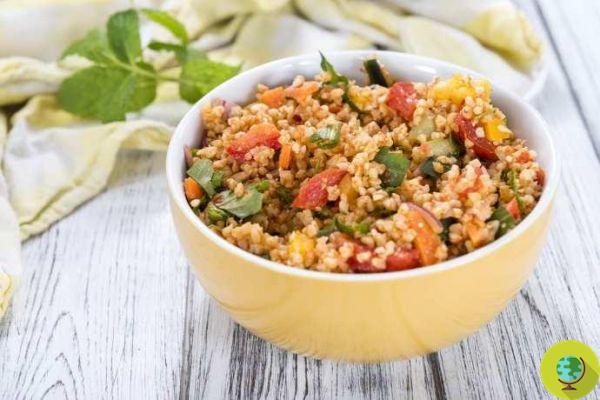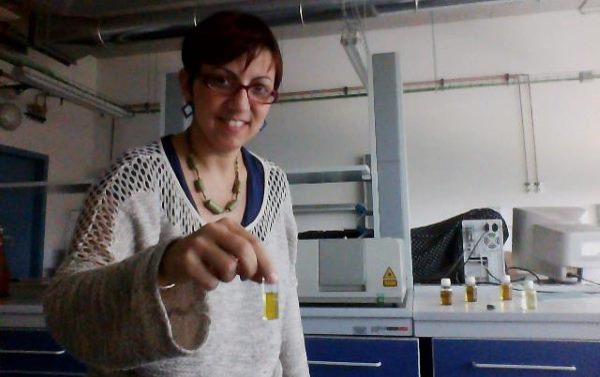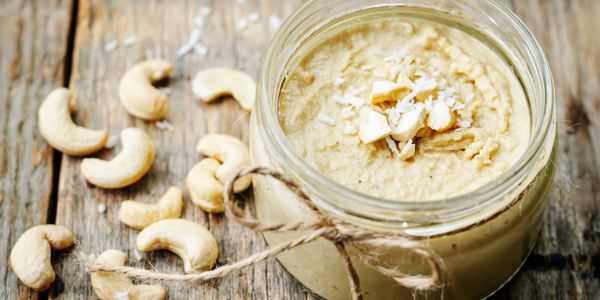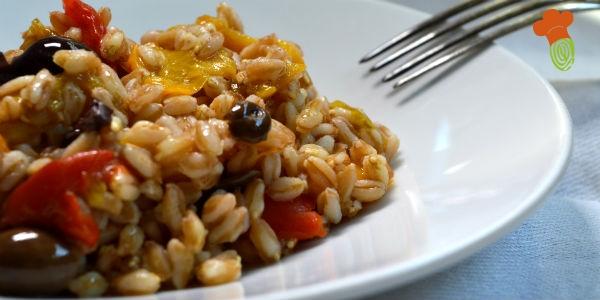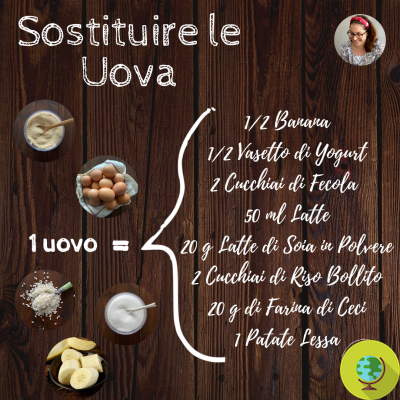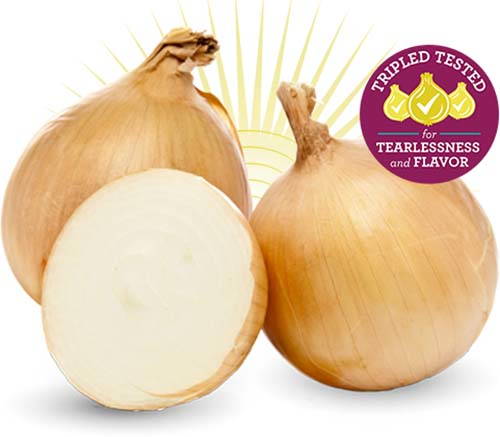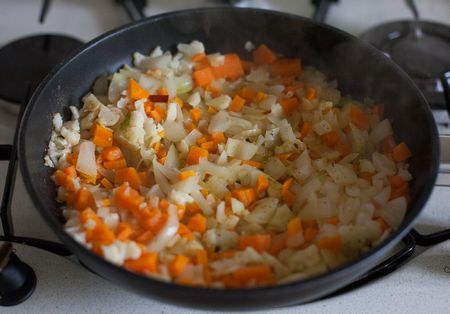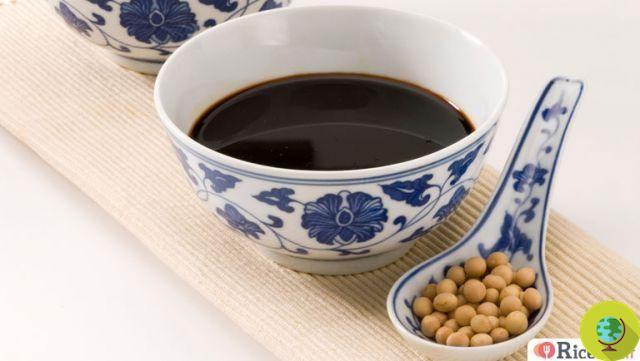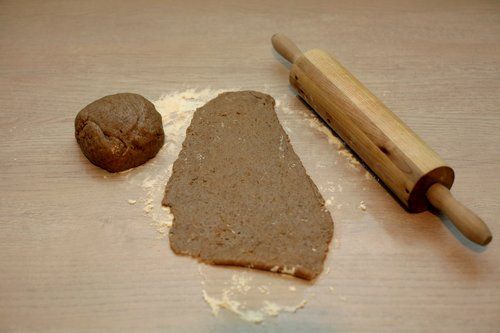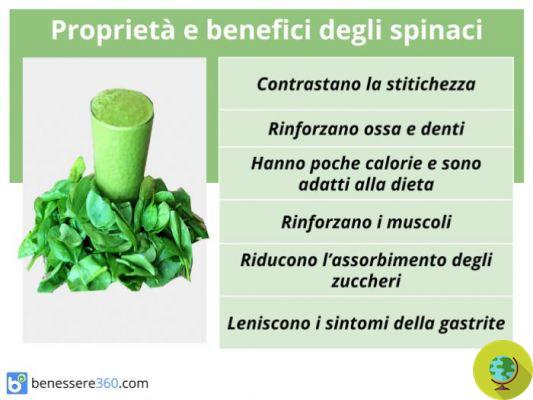
Spinach, discover all the benefits and why they are considered the most nutritious leafy vegetables with very few calories
Don't store avocado like this: it's dangerous- spinach they are one of the most popular and appreciated green leafy vegetables in the world. Their delicate taste makes them suitable for different types of preparation, from simple side dishes prepared in a pan to soups, up to fillings for fresh pasta. Native to Persia, spinach belongs to the amaranth family and is related to beets and quinoa.
We know that spinach is especially famous as source of iron, even if other foods of plant origin, such as lentils, contain a greater quantity. However, spinach can be considered an important food both as a source of iron and other mineral salts within a balanced diet.
Index
How many calories does spinach have?
Spinach is a very light and very low calorie vegetable. In fact they bring only 23 calories approximately every 100 grams of product (with reference with cooked spinach, boiled without salt). Raw spinach, on the other hand, provides about 35 calories per 100 g (69 for a portion of 200 g)
| Raw spinach (CREA Nutrition Table) | Value for 100 g |
Value per Serving 200 g |
|---|---|---|
| Energy (kcal) | 35 | 69 |
Nutritional values of spinach
Spinach is a dietary source of protein, carbohydrates and fiber, which promote the proper functioning of the intestine. They also contain sodium and a minimal amount of fat.
The CREA tables indicate the nutritional content of raw spinach. In particular, 100 grams of raw spinach provide our body with 2,9 mg of iron, 530 mg of potassium, 78 mg of football, 60 mg of magnesium and 62 mg of phosphorus:
| MINERALS | ||
|---|---|---|
| Raw spinach | Value for 100 g |
Value per Serving 200 g |
| Sodium (mg) | 100 | 200 |
| Potassium (mg) | 530 | 1060 |
| Calcium (mg) | 78 | 156 |
| Magnesium (mg) | 60 | 120 |
| Fosphoro (mg) | 62 | 124 |
| Iron (mg) | 2.9 | 5.8 |
| Shoulder (mg) | 0.16 | 0.32 |
| Zinc (mg) | 1.43 | 2.86 |
| Selenium (µg) | 1 | 2.0 |
| VITAMINS | ||
| Thiamine (mg) | 0.07 | 0.14 |
| Riboflavin (mg) | 0.37 | 0.74 |
| Niacin (mg) | 0.4 | 0.80 |
| Vitamin C (mg) | 54 | 108 |
| Vitamin A retinol equivalent (μg) | 485 | 970 |
| Alpha carotene (μg) | 0 | 0 |
| Carotene beta (μg) | 1915 | 3830.0 |
| Cryptoxanthin (μg) | 0 | 0 |
So let's not forget to take spinach into consideration as a dietary source of magnesium, potassium and phosphorus as precious mineral salts for health.
Spinaches they also contain copper, zinc, vitamin A and vitamin C. These vitamins protect our body from aging and are beneficial for the skin and eyes.
Health benefits of spinach
Spinach not only makes us stronger, but also more responsive and ready to reactAnd. According to a recent study, in fact, spinach helps us to be more lucid and improve our reflexes. The credit goes to tyrosine, an amino acid that allows the brain to produce two fundamental neurotransmitters, such as dopamine and norepinephrine. Tyrosine is also present in other foods, such as beans, soy and hazelnuts, as well as in some foods of animal origin.
Due to their high potassium content, spinach is recommended for lowering blood pressure in the case of hypertension or in any case to keep it regular. Spinach is also a source of vitamin K, which is considered important for maintaining healthy bones.
Theirs content of water and fiber contributes to the regular functioning of the intestine, while vitamin C contributes to the formation of collagen and to the improvement of the skin structure.
How to cook spinach?
Spinach can be eaten both cooked, as is more commonly the case, and raw, for example in salads.
Don't forget that spinach is a suitable ingredient for making healthy drinks, such as smoothies, juices and extracts, in combination with fruit or other vegetables. Remember this when you would like to enrich your vegetable diet in a creative and slightly different way.
Here you can find 10 vegetarian and vegan recipes with spinach for all tastes
Contraindication of spinach
For some people, a high consumption of spinach may be contraindicated or should be limited based on health conditions due to the content of oxalic acid of these vegetables. In this case, do not forget to consult your doctor for more information.
For people allergic to nickel it is recommended to reduce or even eliminate the consumption of this vegetable which naturally contains large quantities of nickel
Read also:
- This is the best vegetable you should include in your diet every day to lose weight and belly fat
- How to grow spinach: at home, in pots or raised, easy tips and tricks to have them available all year round
- The food you should include in your diet every day to lose weight and abdominal fat
- These are the unsuspecting fruits and vegetables that have much more vitamin C than an orange
- Spinach makes you more toned and snappy






